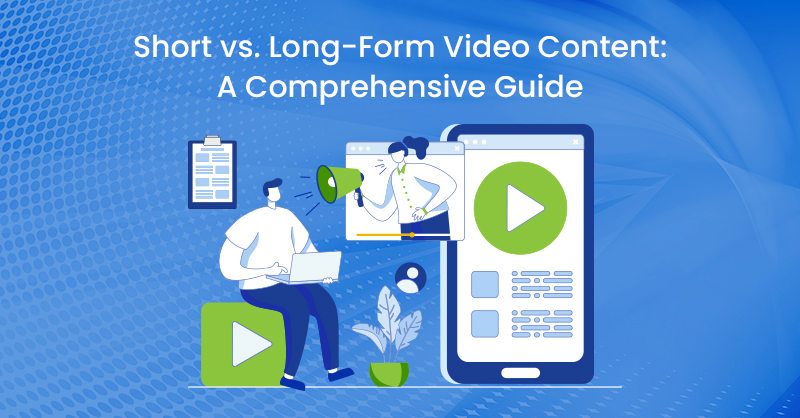
ChatGPT-4o, the latest iteration of OpenAI’s language model, offers unprecedented opportunities for users to engage with artificial intelligence. To fully harness its potential, it is essential to understand and apply advanced prompting techniques that can significantly enhance the quality and relevance of the outputs. This new tutorial created by The AI Advantage explores five key strategies to optimize your interactions with ChatGPT-4o, enabling you to generate more accurate, insightful, and actionable results.
Generating Insightful Case Studies with ChatGPT-4o
Case studies serve as powerful tools for exploring new topics and gaining practical insights. By crafting specific prompts, you can leverage ChatGPT-4o to generate detailed case studies that delve into various domains. For instance, if you are interested in understanding successful community-building strategies in small businesses, you can prompt the AI with:
- “Generate a case study on effective community-building techniques employed by thriving small businesses.”
This approach allows you to obtain comprehensive examples and analyses that can be readily applied to real-world scenarios. The generated case studies provide valuable lessons and best practices, enabling you to make informed decisions and develop robust strategies in your own context.
Refining Outputs through Clarifying Questions
To ensure that ChatGPT-4o accurately understands and addresses your needs, it is crucial to engage in a process of refinement through clarifying questions. After receiving an initial response, you can use follow-up prompts to elicit more specific and relevant information. For example, if the AI provides an overview of marketing strategies, you can ask:
- “Can you elaborate on the key elements of the social media marketing campaign mentioned in the previous response?“
By using the “reply” feature to target specific interactions, you can guide the AI to provide more granular and precise insights. This iterative process of refinement helps you obtain outputs that are tailored to your unique requirements, ensuring that the information you receive is both comprehensive and actionable.
Here are some other articles you may find of interest on the subject of OpenAI’s ChatGPT-4o large language model and how to use it :
Developing Specialized GPTs for Enhanced Efficiency
While ChatGPT-4o is a versatile language model capable of handling a wide range of tasks, creating specialized GPTs can significantly boost the efficiency and effectiveness of your interactions. By using carefully crafted generator prompts, you can fine-tune the AI to perform specific tasks with heightened precision. For instance, if you frequently engage in brainstorming sessions for generative AI tutorials, you can prompt:
- “Develop a specialized GPT optimized for generating innovative ideas and outlines for AI tutorial content.“
This approach allows you to create a dedicated assistant that is primed to deliver relevant and creative outputs aligned with your specific needs. Specialized GPTs streamline your workflow, saving time and effort while ensuring that the ideas generated are consistently high-quality and pertinent to your goals.
Maintaining Clarity through Positive Prompts
While it may be tempting to use negative prompts to steer ChatGPT-4o away from certain types of responses, this approach can sometimes lead to unintended consequences. To maintain clarity and precision in your interactions, it is advisable to focus on positive prompts that explicitly state your requirements. Instead of saying, “Do not include irrelevant information,” opt for a more direct prompt such as:
- “Please provide only information directly relevant to [specific topic or question].”
By articulating your needs in a clear and affirmative manner, you enable the AI to generate outputs that are concise, coherent, and aligned with your expectations. This approach minimizes ambiguity and ensures that the insights you receive are focused and actionable.
Enhancing Consistency with Reusable Templates
Transforming ChatGPT-4o outputs into reusable templates is a powerful technique for promoting consistency and efficiency across multiple interactions. By creating structured formats for common tasks, such as drafting formal emails or generating timelines of historical events, you can streamline your workflow and ensure that the outputs adhere to a standardized framework. For example, you can prompt the AI with:
- “Create a template for crafting a compelling and professional email to potential clients.“
The resulting template serves as a reliable starting point for future interactions, saving you time and effort while maintaining a high level of quality and coherence in your outputs. Reusable templates are particularly valuable when dealing with repetitive tasks or when collaborating with others, as they provide a consistent foundation for communication and analysis.
By incorporating these five advanced prompting techniques into your interactions with ChatGPT-4o, you can unlock its full potential and obtain results that are more accurate, insightful, and actionable. Generating case studies allows you to explore new topics in depth, while refining prompts through clarifying questions ensures that the AI understands your needs precisely.
Building specialized GPTs optimizes your interactions for specific tasks, and focusing on positive prompts maintains clarity and precision in the outputs. Finally, creating reusable templates enhances consistency and efficiency across multiple interactions.
As you continue to engage with ChatGPT-4o, experimenting with these techniques and adapting them to your unique requirements will enable you to harness the power of this cutting-edge language model effectively. By mastering the art of prompting, you can transform your interactions with AI into a seamless and productive experience, unlocking new insights and possibilities in your work and personal endeavors.
Video Credit: The AI Advantage
Filed Under: Guides
Latest Geeky Gadgets Deals
If you buy something through one of these links, Geeky Gadgets may earn an affiliate commission. Learn about our Disclosure Policy.
Originally Appeared Here




